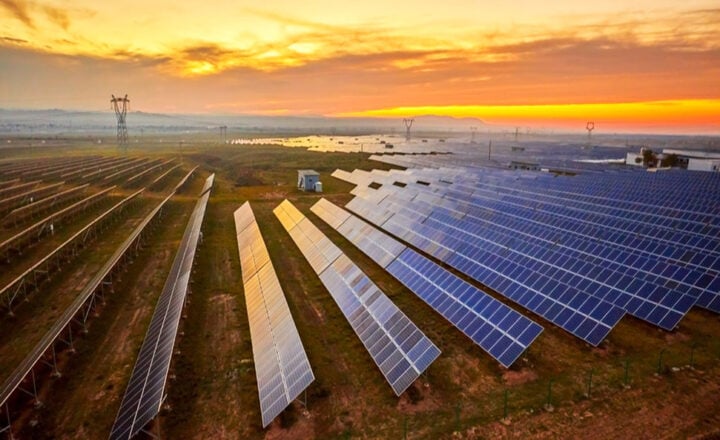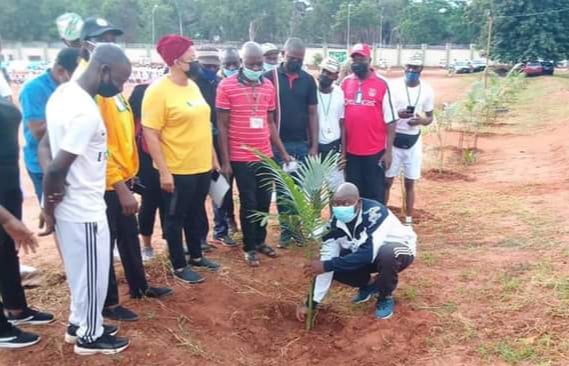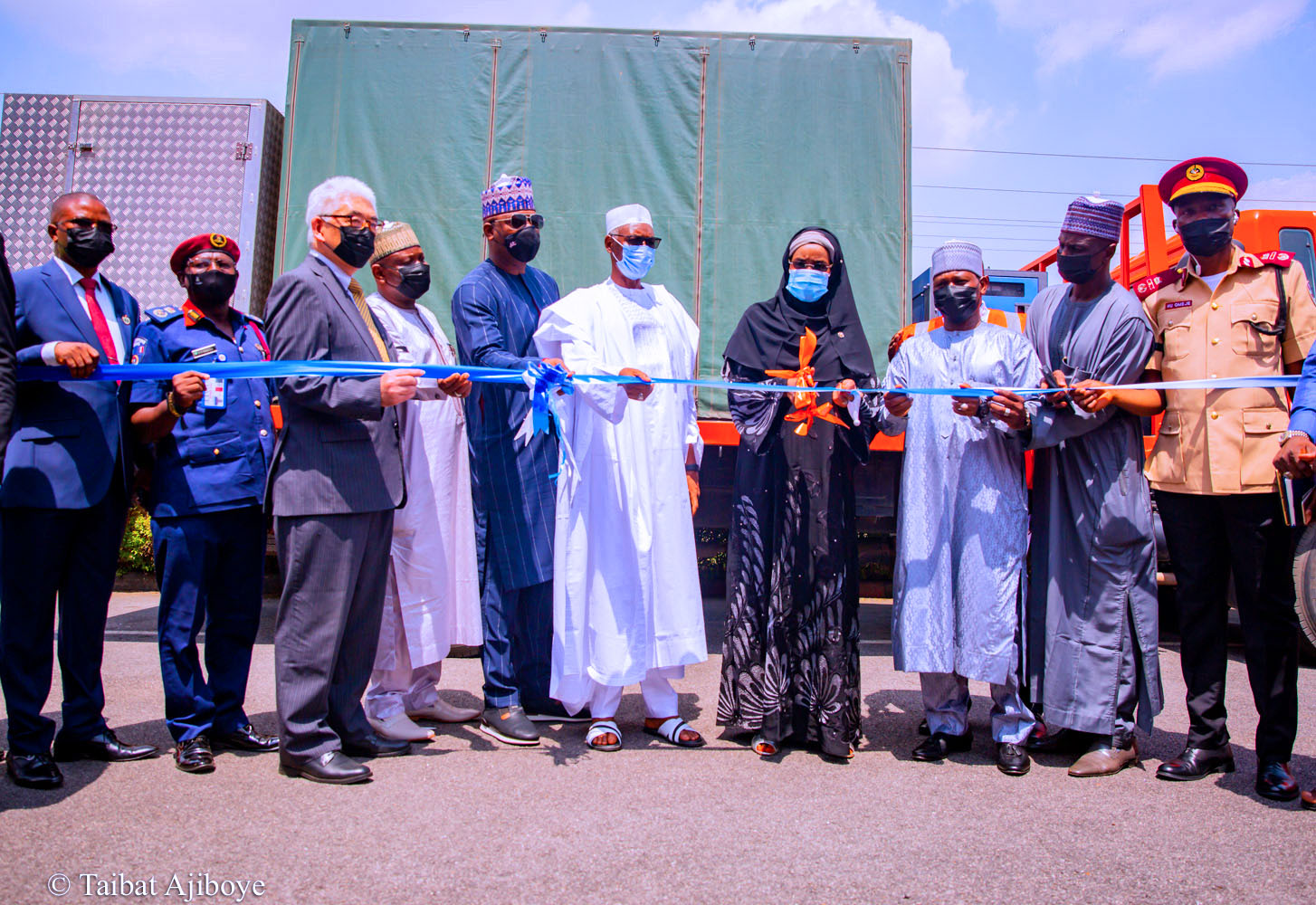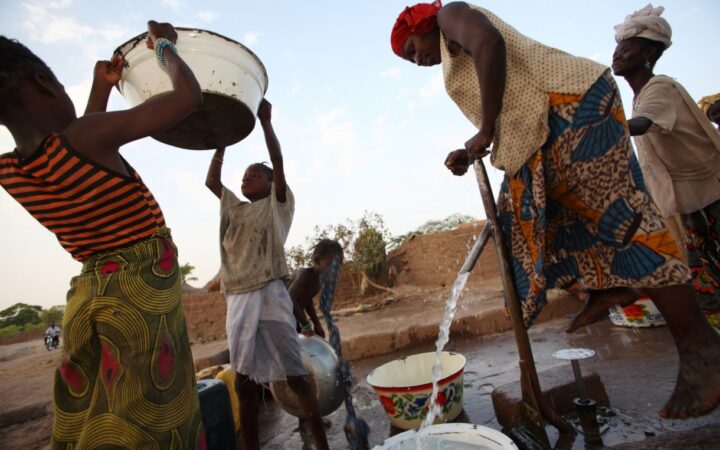A new report by ActionAid has found that only 2.8 percent of global climate finance goes towards supporting just transition.
A just transition means shifting from a fossil fuel–based economy to a green and sustainable one in a fair, inclusive, and equitable way to ensure that workers, communities, and vulnerable groups are not left behind.
The report, titled ‘Climate Finance for Just Transition: How the Finance Flows’, found that less than three percent of multilateral climate finance for mitigation, which is about $630 million, for over a decade has been directed towards just transition initiatives.
ActionAid described the figure as “jaw-droppingly low”, warning that the lack of funding for people-centred climate action risks deepening inequality and slowing global progress on climate goals.
Advertisement
The report noted that out of all the projects financed by the Green Climate Fund (GCF) and Climate Investment Funds (CIF) over the past decade, only 2.9 percent actually applied just transition principles.
The implication, according to the report, is that the projects did not actively include or support workers, women, or local communities in planning or benefit-sharing.
The report said out of 178 projects carried out by GCF, only 10 (about 5.6%) were found to meaningfully address just transition.
Advertisement
It added that the CIF, on the other hand, had only two qualifying projects out of 466—a mere 0.4 percent.
ActionAid said the total amount spent on just transition projects is $635 million.
Arthur Larok, secretary-general of ActionAid International, said urgent action is needed to prevent climate breakdown, stressing that the cost of climate action should be borne by major polluters and not by workers or vulnerable communities.
Larok said just transition approaches remain grossly underfunded and could further widen global inequalities.
Advertisement
“Our report shows just transition approaches are grossly underfunded, and people’s needs are at the bottom of the priority list. If this continues, inequalities will only deepen,” he said.
Teresa Anderson, global lead on climate justice at ActionAid and author of the report, said ensuring a fair transition is essential to maintaining public trust and accelerating climate action.
“No one should have to choose between a secure job and a safe planet,” Anderson said.
“Without just transition approaches, climate action risks harming vulnerable people and triggering backlash and delays.”
Advertisement
‘CLIMATE FINANCE FAILING THE GLOBAL SOUTH’
ActionAid said the findings expose how climate finance flows have failed to address the needs of countries and communities on the front lines of the climate crisis.
Advertisement
The organisation criticised wealthy, high-emitting nations for prioritising loans and private investments over grants, saying such instruments cannot substitute for real, people-centred funding.
The report called for multilateral funds like the GCF to scale up support for just transition through improved guidance, project design, and allocation frameworks.
Advertisement
It also urged that the CIF—which performed poorly on all just transition indicators—be wound down as originally intended.
At national and sub-national levels, the group said governments must integrate just transition principles into energy, agriculture, and mining policies by involving local communities, promoting economic diversification, reskilling workers, and strengthening social protection systems.
Advertisement
With the COP30 climate summit set to begin next week in Belém, Brazil, there will be a push for negotiators to adopt a Belém Action Mechanism (BAM) under the just transition work programme (JTWP).
The proposed mechanism is expected to coordinate global efforts, enhance funding access, and support capacity-building and technology transfer for just transition.






